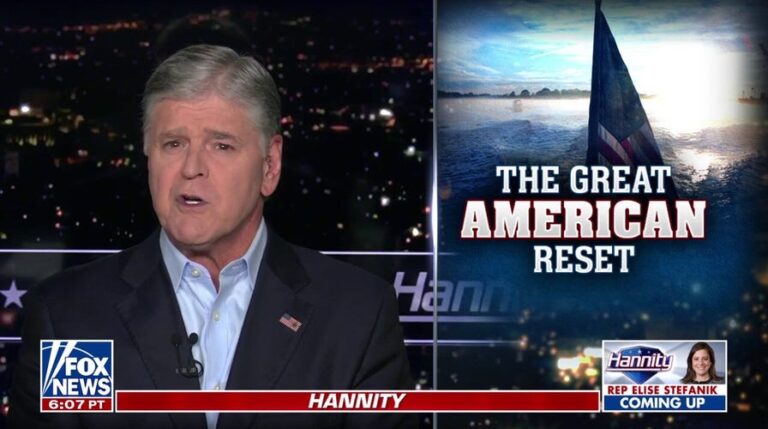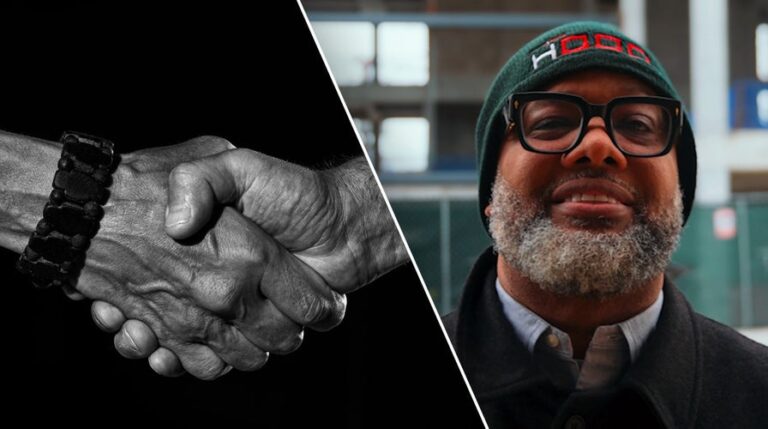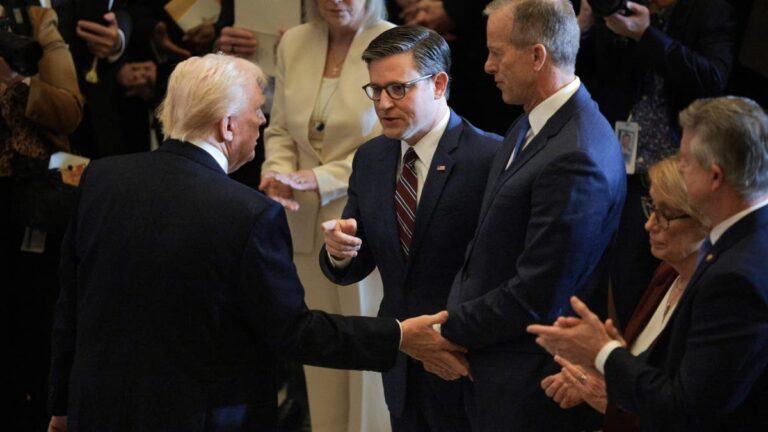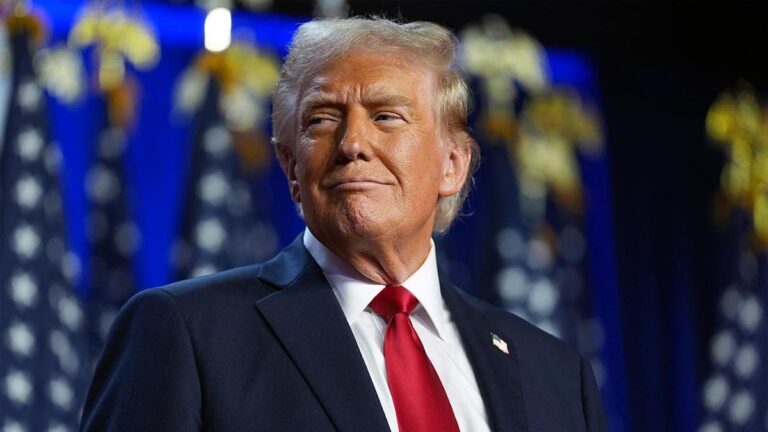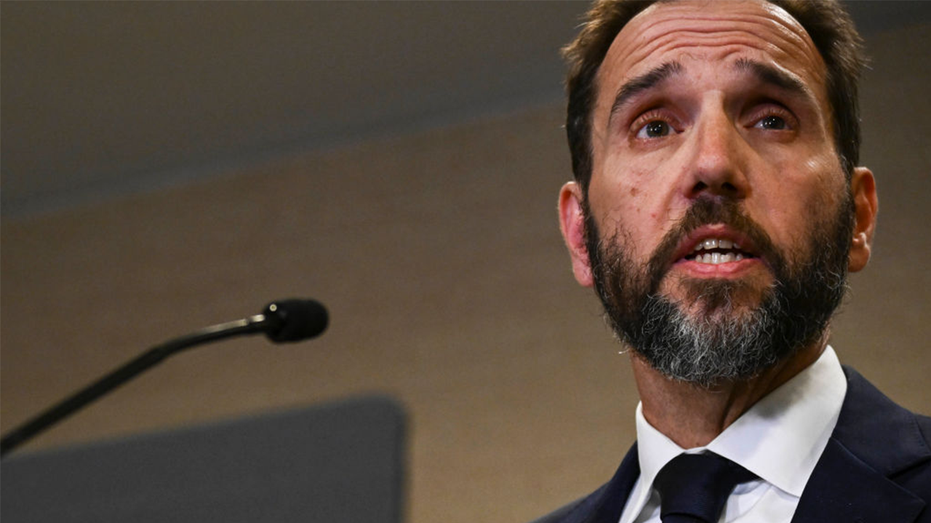
Putting aside the public filings where Jack Smith fought to get certain information out before the 2024 election, there was little new in the report. But there was one big thing.
Editor’s note: The following commentary was first published on the author’s blog: Res ipsa loquitur – The thing itself speaks.
The release of the first part of Jack Smith’s report at midnight on Tuesday night was the special counsel’s version of the Supreme Court’s Dobbs decision: we had seen it before.
Putting aside the public filings where Smith fought to get this information out before the election, there was little new in the report. What the report did not contain is an explanation of how Smith destroyed his own cases against Trump. However, one notable element was Smith’s reliance on a dubious concurrence by Supreme Court Justice Ketanji Brown Jackson, the subject of a prior column on my blog about what would be an interpretation that was too clever by half.
Much of the report was vintage Smith in dismissing countervailing precedent and insisting that he could “obtain and sustain a conviction at trial.” He may be right about obtaining a conviction before a Washington, D.C. jury and a highly motivated judge against Trump. However, he would not have been able to sustain any conviction — and this report makes that abundantly clear.
Smith repeats the same conclusory evidence, such as citing how Donald Trump said “fight” ten times in his January 6, 2021, speech. He minimized the immunity decision by removing some evidence but kept largely the original indictment. However, the treatment of the obstruction claims was the most telling and indicative of Smith, who has repeatedly lost cases due to overextending constitutional and statutory authority.
The Supreme Court’s decision in Fischer v. United States rejecting the use of obstruction of legal proceedings against January 6th defendants will potentially impact hundreds of cases. For some, it may lead to dismissals or, in cases with multiple charges, resentencings.
One of those cases that will be impacted is the pending prosecution of President-elect Donald Trump who is facing four charges, including two obstruction counts. It was not clear if Special Counsel Jack Smith would yield to the decision or possibly take the dubious path laid out by Justice Ketanji Brown Jackson in her concurrence.
However, Smith tended to push the law to the breaking point to bag defendants. That was the case when his conviction of former Virginia Gov. Robert F. McDonnell was unanimously reversed as overextending another law.
As I wrote previously after the decision, “It is doubtful that [Smith] will go quietly into the night after the Fischer decision.” In most cases, a prosecutor would go back and secure a superseding indictment in light of the loss of the obstruction claims. Those claims were central to the narrative of the government under the Trump indictment. However, I wrote that it “is not Smith’s style” to yield to precedent and that he would likely “take a not-so-subtle hint from Jackson in her concurrence.”
TRUMP CALLS JACK SMITH ‘DESPERATE’ AFTER SPECIAL COUNSEL REPORT IS RELEASED AFTER MIDNIGHT
Jackson supported the majority in finding that the obstruction provision, Section 1512(c), was enacted after the Enron case to address the destruction of documents and records.
Section 1512(c)(1) prohibits corruptly obstructing an official proceeding by altering, destroying, mutilating, or concealing a record, document, or other object with the intent to impair the object’s integrity or availability for use in an official proceeding. However, a second provision under subsection (c)(2) allowed for charges that would “otherwise” obstruct, influence, or impede an official proceeding. The Court held that the obstruction cases under Section 1512(c)(2) must be tied to impairing the integrity or availability of evidence.
However, in a single justice concurrence, she added a way that Smith and other prosecutors might still be able to shoehorn January 6th into a Section 1512 offense:
“That official proceeding [Congress’s certification of the Electoral College vote] plainly used certain records, documents, or objects—including, among others, those relating to the electoral votes themselves. And it might well be that Fischer’s conduct, as alleged here, involved the impairment (or the attempted impairment) of the availability or integrity of things used during the January 6 proceeding “in ways other than those specified in (c)(1).” Ante, at 8. If so, then Fischer’s prosecution under §1512(c)(2) can, and should, proceed. That issue remains available for the lower courts to determine on remand.”
Once again, no other Supreme Court justice joined Jackson in the concurrence.
Right on cue, Smith revealed that he was going to do precisely what I feared in taking a position supported by a single justice. In his report, Smith wrote:
“Mr. Trump’s and his co-conspirators’ obstruction involved replacing valid elector certificates from the contested states with false ones they had manufactured-the Office anticipated the possibility of such a result in Fischer and confirmed that the evidence would prove Mr. Trump’s guilt beyond a reasonable doubt even under a narrow interpretation of Section 1512(c)(2).”
Just saying that a proceeding involves “certain records” is transparently artificial and forced. Even the submission of an alternative slate of electors is not the destruction of electors certified by the secretaries of state.
CLICK HERE FOR MORE FOX NEWS OPINION
The federal law allows for challenges in Congress, which Democrats previously utilized without claims of insurrections or attacks on democracy. J6 Committee Chairman Bennie Thompson, D-Miss., voted to challenge the certification of the 2004 results of President George W. Bush’s reelection; committee member Jamie Raskin, D-Md., sought to challenge Trump’s certification in 2016. Both did so under the very law that Trump’s congressional supporters used in 2020. And then-House Speaker Nancy Pelosi and Senate Judiciary Committee Chairman Dick Durbin, D-Ill., praised the challenge organized by then-Sen. Barbara Boxer, D-Calif., in 2004.
Those challenges under the same loose theory could have been viewed as attempting to negate or destroy certifications from the states. It would have likely, in my view, result in another reversal. However, Smith is always about securing convictions more than sustaining appeals. That is why he filed the second case in D.C., where he was given the best possible judge for the prosecution, a judge viewed by many as predisposed against Trump.
In a sentencing hearing of a Jan. 6 rioter in 2022, Chutkan had said that the rioters “were there in fealty, in loyalty, to one man — not to the Constitution.” She added then, “[i]t’s a blind loyalty to one person who, by the way, remains free to this day.” That “one person” was then brought to her for trial by Smith.
So Smith was going to proceed on the theory of a single justice with the help of a favorable jury and a motivated judge. Little has changed with Smith since his unanimous reversal in the McDonnell case, which seems much of the reason that he was appointed.
